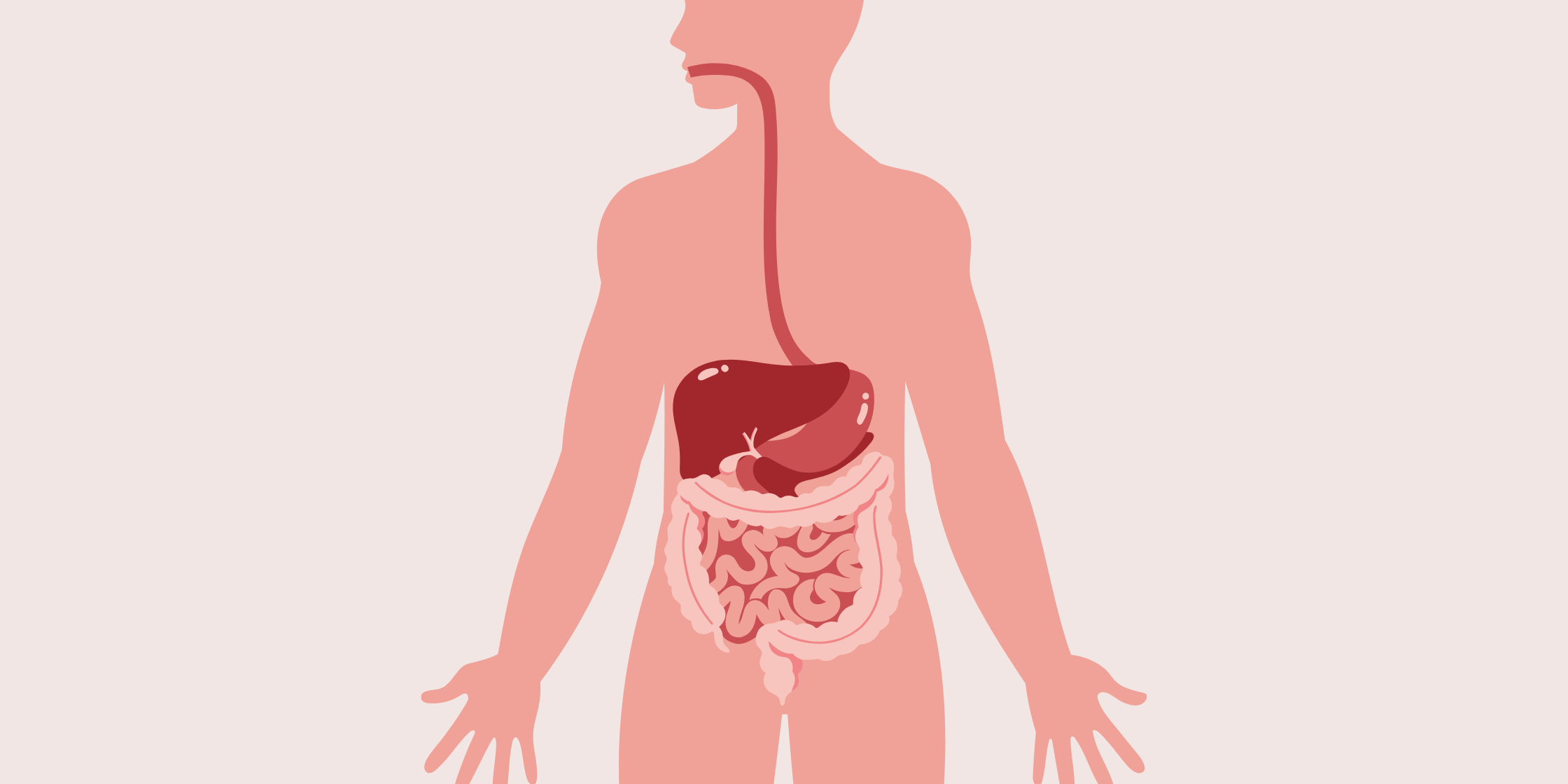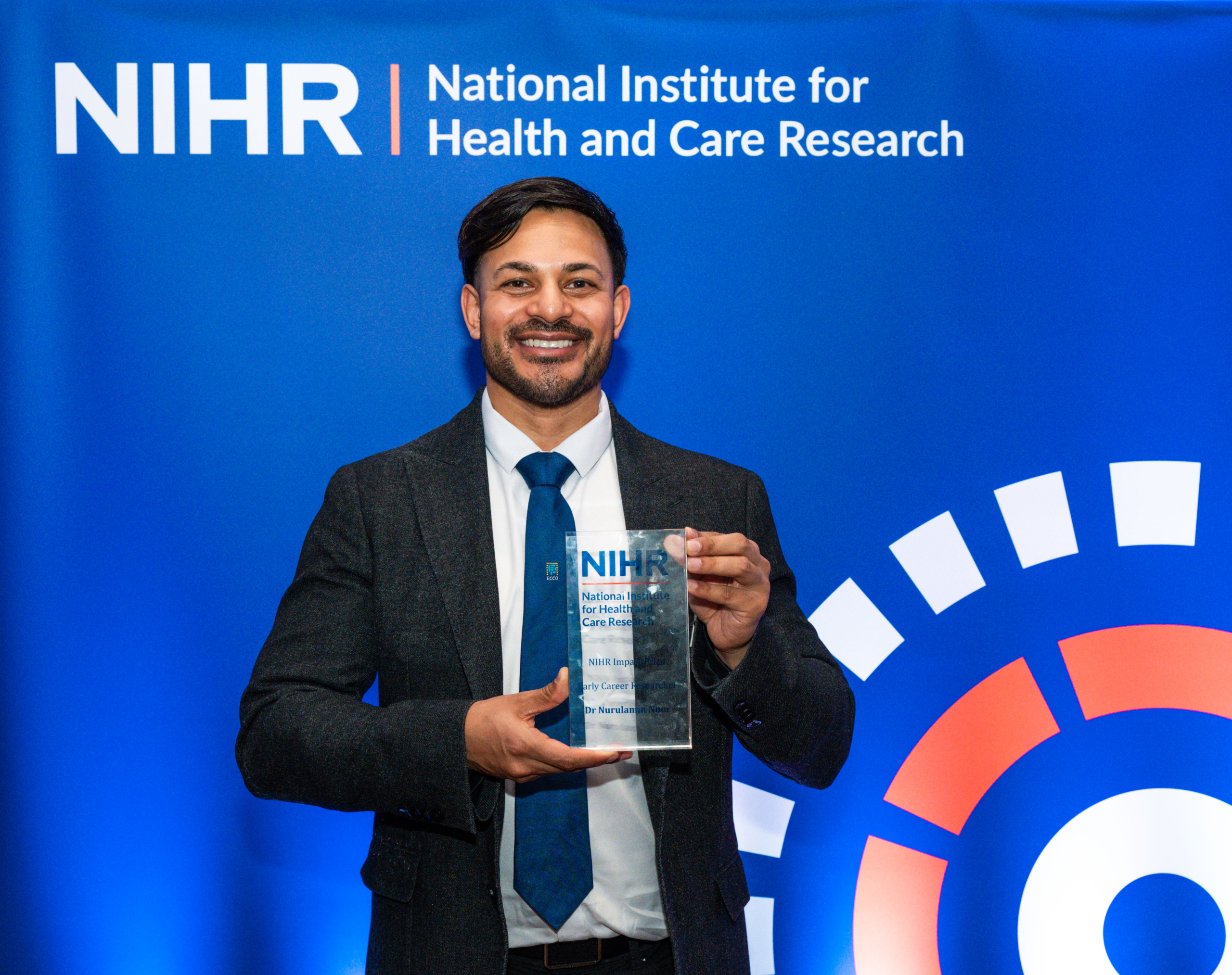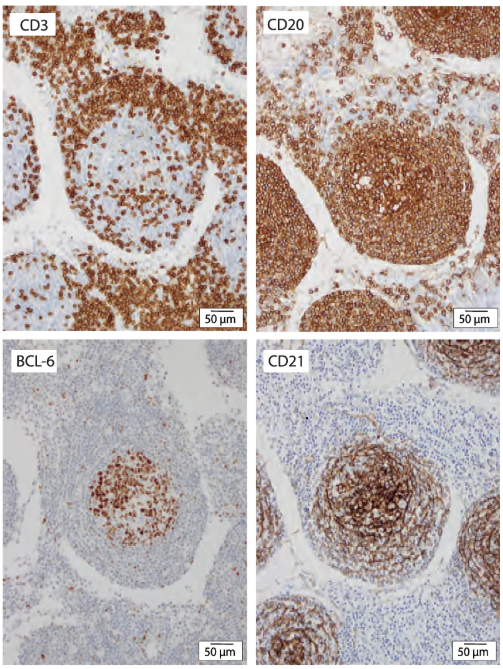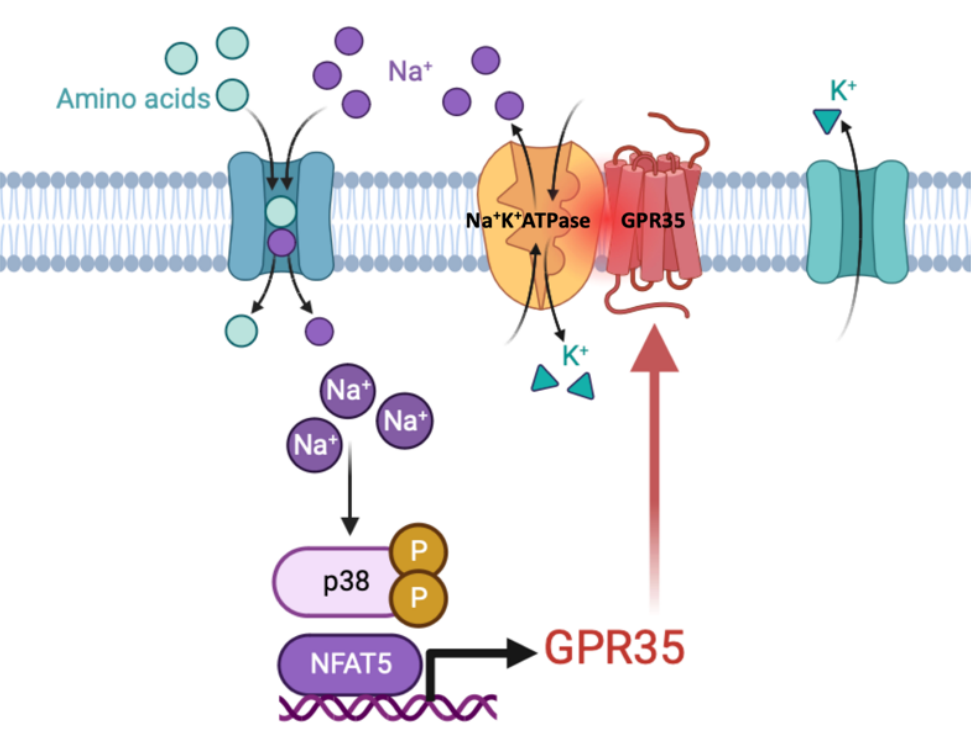
Submitted by Yan Pan on Tue, 20/05/2025 - 11:02
To mark World Digestive Health Day 2025, we’re highlighting 5 recent studies from our scientists that deepens our understanding of digestive health, from our immune patterns to worldwide treatments.
Follow along for what Cambridge researchers at the Department of Medicine are discovering:
New treatment that boosts Crohn's outcomes
The PROFILE trial, led by Nurulamin Noor, Miles Parkes and colleagues at Cambridge and published in The Lancet Gastroenterology and Hepatology, set a new global standard of care for Crohn’s disease treatment. PROFILE showed that offering early advanced “effective” therapy to patients straight after diagnosis can drastically improve outcomes and set patients up for success.
PROFILE was co-sponsored by the University of Cambridge and Cambridge University Hospitals NHS Foundation Trust and supported by the NIHR Clinical Research Network, PROFILE included 386 patients from 40 hospitals across the UK and found that early monoclonal antibody therapy to be more effective, safer, and cost-saving for newly diagnosed patients compared to current standards of care. This treatment strategy has been incorporated into national and international guidelines and is in the process of being adopted across the NHS and globally - helping to reduce flares, hospitalisations, urgent abdominal surgeries and improving quality of life for patients.
|
Shared immune patterns in Crohn’s disease
Recently published in Nature Communications, the MRC-funded study led by Paul Lyons and Prasanti Kotagiri has identified certain B cell clones that are shared among patients with Crohn’s disease but absent in healthy individuals and those with ulcerative colitis.
Researchers performed deep sequencing of the B cell receptor (BCR) repertoire and found these clones across multiple sites in the body of individuals with Crohn's disease, including the inflamed gut mucosa, lymph nodes, and blood, which suggests the presence of common antigens and may open the door to improved diagnosis and new, targeted treatments of Crohn’s disease.
Key gut defender against high salt
Joshua Elias, Nicole Kaneider and colleagues have unveiled the critical role of GPR35, an orphan G-protein coupled receptor, in regulating ion homoeostasis, osmosis, and nutrient uptake in the gut.
The study, recently published in Communications Biology, shows that a high salt diet triggers osmotic stress and alters gut-protective goblet cells in mice, while deficiency in GPR35 causes osmotic stress regardless of salt exposure. These findings suggest that disrupted ion balance and osmotic stress may be an overlooked driver of inflammatory bowel disease.
Infection protection by ‘good’ gut bacteria
The study in Microbiome identified a new role for the commensal bacterium Enterocloster clostridioformis in protecting against Salmonella infection in germ-free mice.
In the backdrop of increasing drug resistance and worsening infection outcomes, Virginia Pedicord, Benjamin Beresford-Jones and researchers found that one particular bacterial species, E. clostridioformis, could protect the host against bacterial pathogens like Salmonella by inducing protective responses in gut cells and increasing local anti-inflammatory immune cells.
Improving cancer care through gut health
The study led by Virginia Pedicord and published in Nature Microbiology found that specific components from gut bacteria, known as hexa-acylated lipopolysaccharides (hexa-LPS), can predict and potentially enhance the efficacy of cancer immunotherapies. Virginia and her group have discovered that hexa-LPS molecules enhance the activation of host immunity, promoting stronger anti-tumour responses among cancer patients undergoing immune checkpoint inhibitor therapy with anti-PD-1.
Reference
Noor NM, Lee JC, Bond S, et al. PROFILE: a multi-centre, randomised, open-label, biomarker-stratified clinical trial of treatment strategies for patients with newly-diagnosed Crohn’s disease. Lancet Gastroenterol Hepatol; 2024 May 1;9(5):415-27. DOI: 10.1016/S2468-1253(24)00034-7
Kotagiri P, Rae WM, Bergamaschi L, Pombal D, Lee JY, Noor NM, Sojwal RS, Rubin SJ, Unger LW, Tolmeijer SH, Manferrari G. Disease-specific B cell clones are shared between patients with Crohn’s disease. Nature Communications. 2025 Apr 17;16(1):3689. https://doi.org/10.1038/s41467-025-58977-y
Elias JE, Debela M, Sewell GW, Stopforth RJ, Partl H, Heissbauer S, Holland LM, Karlsen TH, Kaser A, Kaneider NC. GPR35 prevents osmotic stress induced cell damage. Communications Biology. 2025 Mar 22;8(1):478. https://doi.org/10.1038/s42003-025-07848-9
Beresford-Jones BS, Suyama S, Clare S, Soderholm A, Xia W, Sardar P, Lee J, Harcourt K, Lawley TD, Pedicord VA. E nterocloster clostridioformis protects against Salmonella pathogenesis and modulates epithelial and mucosal immune function. Microbiome. 2025 Feb 28;13(1):61. https://doi.org/10.1186/s40168-025-02050-9
Sardar P, Beresford-Jones BS, Xia W, Shabana O, Suyama S, Ramos RJ, Soderholm AT, Tourlomousis P, Kuo P, Evans AC, Imianowski CJ. Gut microbiota-derived hexa-acylated lipopolysaccharides enhance cancer immunotherapy responses. Nature Microbiology. 2025 Feb 10:1-3. https://doi.org/10.1038/s41564-025-01930-y
The text in this work is licensed under a Creative Commons Attribution-NonCommercial-ShareAlike 4.0 International License. Images, including our videos, are Copyright ©University of Cambridge and licensors/contributors as identified. All rights reserved. We make our image and video content available in a number of ways that permit your use and sharing of our content under their respective Terms.








